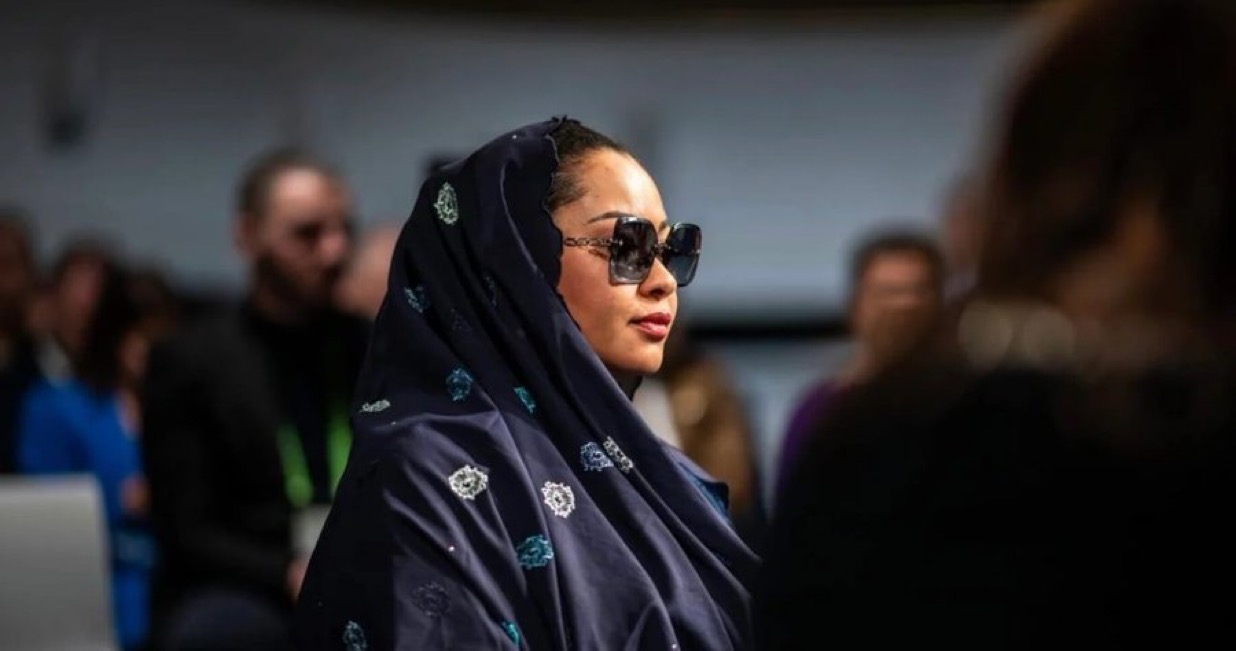

At an event marking the International Day of the Girl Child on October 11, 2025, Senator Natasha Akpoti-Uduaghan, the first female senator from Kogi Central, delivered a powerful message to young Nigerian girls — “Never let culture silence your pain or shame you for speaking your truth.” Her words, delivered with conviction, cut through societal barriers that have long muted women’s voices in communities where tradition often trumps justice.
Dressed in vibrant traditional attire, Natasha’s presence at the event symbolized the fusion of cultural pride and progressive feminism, embodying a generation of Nigerian women leaders determined to challenge systemic gender inequality. She urged girls to rise above fear, seek education, and confront harmful norms that discourage them from reporting abuse or asserting their rights.
Her remarks come against the backdrop of UNESCO’s 2025 data, which reveals that only 52% of Nigerian girls complete secondary school, with many dropping out due to early marriage, poverty, or lack of access to safe learning environments. Natasha, a long-time advocate for women’s rights, emphasized that empowering girls begins with listening to them — not silencing them. “We must teach our daughters that dignity is not silence,” she said. “True strength lies in speaking out, even when society says you shouldn’t.”
The post featuring her speech quickly went viral on X (formerly Twitter), accompanied by a photo of Natasha addressing an attentive audience of young girls and community leaders. Online reactions were deeply divided. Supporters hailed her as a “fearless voice for the voiceless,” praising her authenticity and consistency in advocating gender equity. “Natasha speaks what many women feel but fear to say aloud,” one user commented.
Yet, some critics argued that while her message was inspiring, economic realities remain a greater barrier for most Nigerian girls than culture alone. “You can’t break barriers on an empty stomach,” a user noted, pointing to Nigeria’s youth unemployment rate of over 40%, which continues to trap many young women in dependency and vulnerability.
Analysts note that Natasha’s activism transcends symbolism — she has used her Senate platform to sponsor bills promoting girl-child education, sexual violence prevention, and access to digital literacy programs for rural girls. Her advocacy reflects a growing movement of Nigerian women in politics reclaiming narratives and pushing for inclusivity in governance and education.
As applause echoed through the hall that October morning, Natasha’s message lingered — a reminder that the fight for gender equality in Nigeria is both cultural and economic, and that courage, especially for young girls, often begins with a single act: speaking up when silence has been the norm.


